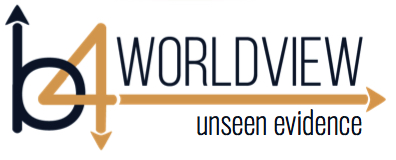
Key Thought for this session:
“If any outcome of life is acceptable to me, then any path will get me there.”
When situations present themselves in such a way that it seems right to do something that may usually seem wrong, we say that the individual or society is choosing a practical action based on practical truth, such as deterring crime or protecting your family, versus a principled truth, “thou shall not kill.” When truths seem to conflict with each other, it can often feel to us like truth is relative.
However, the issue here is NOT that truth is relative. The point is that even though individuals and societies can apply truth based on a particular situation when truths apparently conflict with each other, truth is still truth. “Thou shall not kill” is still true. So, while we may feel like truth is relative or subject to personal opinion, society is really applying a practical truth in a given situation where more clarity is required. Truths that conflict with each other are often called “ethical dilemmas.” Ethical dilemmas occur in businesses, families, and in laws governing society and are very difficult for communities and individuals to resolve.
Granted, ...this can seem confusing, but clarifying and applying apparently contradictory truths is a very complex problem, which we ALL experience at times with our own worldviews.
It’s not always easy to know “which way is up.”
As we have seen, viewing truth as either relative or absolute has its challenges. Perceptions built into our human nature, and the contradictions we have internalized, ...both create conflict in how we feel about truth. Ultimately, on one hand relative truth can FEEL right to us, but on the other hand, it makes sense to think that there IS an absolute truth that everyone should agree on. For example, if each individual’s or society’s idea of morality can be right and no one’s wrong, then most of the civilized world would have had to see Hitler’s view of the Jews as his form of morality. Much of the world could still have opposed Hitler for many reasons, such as protecting their freedom or economics. However, if truth is relative, they could not oppose imperialistic Germany of the mid twentieth century, and the extermination of millions of Jews by Nazi Germany, on moral grounds. As a matter of fact, Hitler and his supporters thought they were acting morally by exterminating the Jews. However, those who said Hitler was wrong, not just dangerous, did so on the basis that there is absolute moral truth, which is not subject to individual interpretation. Similarly, in today’s world if truth is relative everyone would have to accept Jihadist terrorism and genocides in Africa as morally equivalent to their own. There would be no such thing as corruption if those who are self-serving and take advantage of others are just doing what they believe to be right for them.